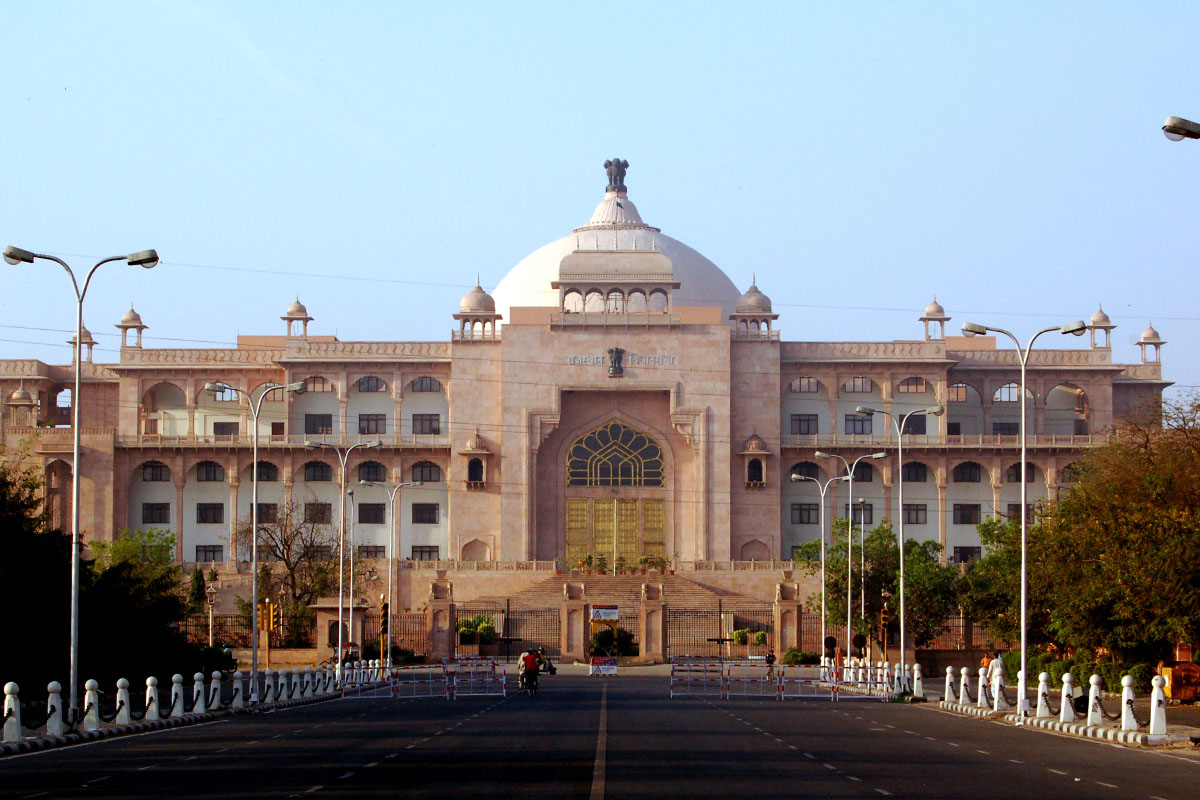The Supreme Court has extended by a week the stay on the dismissal of Indian Police Service officer Satish Chandra Verma, who filed an affidavit in 2011 saying Ishrat Jehan, 19, and three others accused of being part of a terror module were killed in a fake “encounter” in 2004 near Ahmedabad. The Centre on August 30 dismissed Verma a month before his retirement.
Verma challenged the dismissal after the Delhi high court upheld the Centre’s action on September 7 but deferred its implementation till Monday.
A bench of justices KM Joseph and Hrishikesh Roy extended the stay on the dismissal on Monday to allow Verma to approach the high court. “It will be open to the appellant [Verma] to take steps for amending his pending petition in the Delhi high court to lodge a challenge against the order of dismissal.” The bench left it to the high court to decide whether the dismissal needed to be stayed further.
Kapil Sibal, who appeared for Verma, submitted the challenge to the dismissal should either be heard in the top court or the pending petition in the high court against the framing of charges in the departmental proceedings pending since last year be brought forward. He said the high court posted Verma’s matter for hearing in January after approving the dismissal on September 7 while his client is due to retire on September 30.
In its September 22 order, the high court directed no “precipitate action” should be taken against Verma without its permission. The Centre moved the top court against the order.
The proceedings against Verma remained pending in the high court. The Centre said its appeal in the top court delayed the matter in the high court.
On August 30, the high court permitted the Centre to proceed against Verma and he was dismissed the same day. Sibal questioned the haste in acting against his client citing rules governing government servants. He said if any disciplinary action is initiated during the term of a government servant’s service, it can be concluded even after retirement.
The top court took note of the “tearing hurry” with which the Centre acted against Verma.
Verma pleaded the dismissal order was a possible “victimization” at the hands of the state government as he was instrumental in exposing the role of officers of the Intelligence Bureau and the Gujarat Police behind the killing of Jahan and the three other men. Verma assisted the Central Bureau of Investigation (CBI) in probing the killings.
Doubts were raised on the evidence the CBI and Verma collected. An under-secretary with the Union home ministry alleged he was tortured and pressurized to testify against the accused. In March 2016, Verma responded to the allegations against him in a media interview, which became the basis for the departmental proceedings against him.
Source Link




